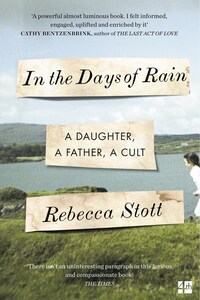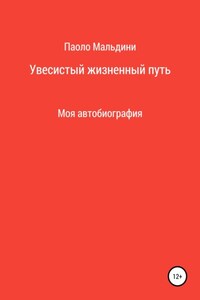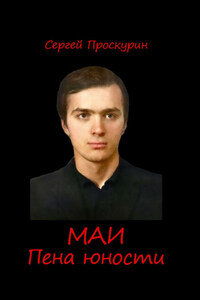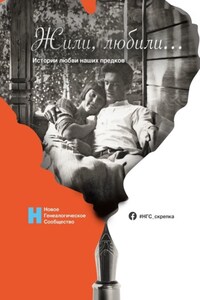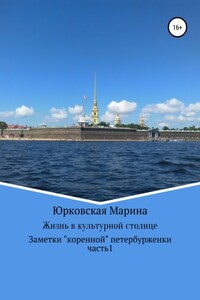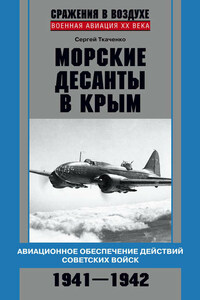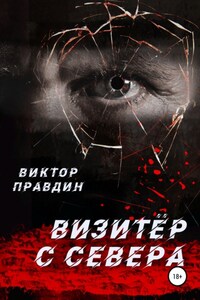My father did the six weeks of his dying – raging, reciting poetry, and finally pacified by morphine – in a remote eighteenth-century windmill on the East Anglian fens. It had been built to provide wind power to help drain the land, but by the time my father and stepmother bought it, the sails and cogwheels were long gone. A previous owner had stripped out the rusting machinery, added a low nave with extra rooms and painted it a dusky pink. From a distance and with the paint flaking off, it looked like a church washed up on the banks of a river. When the local farmer covered the black fields in every direction with plastic sheeting that miraged into floodwater in certain lights, the building always looked to me like a boat, or an ark, untethered from its moorings.
It was so far from civilisation that it did not figure on GPS systems: the undertakers took four hours to reach us.
Since they’d moved into it six years earlier, my father had turned the Mill into a pagan shrine, pasting its round, six-foot-thick walls with passages from Eliot’s Four Quartets and from Yeats’s last poems, owl feathers and Celtic symbols. He glued the lines of poetry onto the plaster, and when the damp made the paper curl off he’d hammer in huge nails that made the plaster crack.
They’d bought the house on a whim a year after their wedding. They both wanted to live on flat land, he said. They both liked big skies.
‘It’s on the banks of a fen river,’ he said, when he phoned to say they’d found the perfect house. ‘The Romans used it to ship building materials across the fens. During the war a farmer ploughed up a hoard of Roman silver plates covered in tritons and sea gods just a couple of fields away, and the local Baptists used to do their baptisms here. There’s a mooring platform, so we can buy a boat.’
But you’ve got no money, I muttered to myself. How exactly are you going to buy a boat?
They drove me up to see it. We climbed through nettles and peered in through cobwebbed windows. It was beautiful, but it was also eerie and unsettling. All that sky. All that black soil. American bombers crossed the land on their flightpath from the Mildenhall airbase. Falcons hung low over the riverbank or scrutinised the fields from their posts on electricity cables.
Four months later my stepmother had turned the small circle of long-neglected riverside land into the beginnings of a garden. My father beat down the nettles with sticks. He borrowed a plough from a neighbouring farmer and broke it within a few hours. The farmer patched up the worst parts of the road. My father planted beech hedges and supervised local lads in the laying out of a lawn. He ordered and planted a grove of white birches at the far end of the garden as a birthday present for my stepmother. Their white trunks were magnificent, luminous against the black soil of the fen fields, especially at dusk.
‘He’s always had a thing for silver birches,’ she told me. ‘I prefer willows.’
My father was built on a different scale to the rest of us. In 2007, the year of his dying, he was sixty-eight, six foot four, and twenty stone. His long snow-white hair and beard would have made him look like an Old Testament prophet if it wasn’t for the combat jacket he’d taken to wearing. He’d bought it from the Army and Navy Stores to audition for the part of Mark Antony in a production of Shakespeare’s Antony and Cleopatra, and now wore it all the time. He thought of himself as an ageing Antony, but to me he was Sir Andrew Aguecheek, sometimes a Falstaff, occasionally a Lear. We called him Roger in our teens, and later Rodge or Dodge or The Big Man, never Dad. He wasn’t a dad, at least not in the way that most people meant it. I’d usually just refer to him as ‘my father’ – Roger seemed an absurd name for a man built on his scale.
